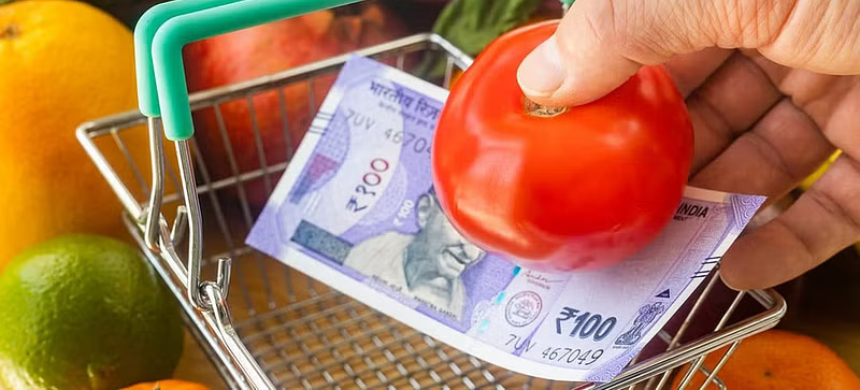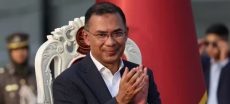India’s middle class is facing increasing financial strain as high inflation leads to reduced spending on everyday items, including food and fast food. This has become a significant concern, as urban consumption, which had been a driving force behind the country’s economic growth since the pandemic, shows signs of slowing down.
The Ministry of Finance has expressed concern over the trend, highlighting that middle-class budgets are being squeezed by rising prices, especially in essentials like food. This has led to challenges for consumer goods firms, which are seeing drops in earnings due to reduced demand from urban dwellers. Nestle India, for example, reported its first quarterly revenue drop since the pandemic, indicating a broader slowdown in the consumer market.
Read More: PCB Challenges ICC Over India’s Refusal to Participate in Champions Trophy
Despite India’s GDP growth projections remaining strong at 7.2% for the fiscal year ending in March 2025, the slowdown in urban spending is a concerning trend. Inflation in India has remained stubbornly high, averaging around 5% over the past year, with food inflation climbing even higher due to factors like weather-related price increases in vegetables and cereals. Retail inflation reached 6.2% in October, with food prices rising by 10.9%. This has left many urban consumers, especially in large cities, opting for cheaper, unbranded alternatives to products like hair oil and tea.
Consumer stocks have been hit hard by this trend, with Nifty FMCG index dropping 13% since October 1, compared to a 7.4% decline in the Nifty 50 index. Hindustan Unilever also reported a drop in sales volume for the first time in 11 quarters, reflecting the shifting consumer behavior.
Fast food chains, such as McDonald’s, KFC, and Pizza Hut, are also seeing a decline in sales as consumers cut back on dining out, preferring budget-friendly options instead.
Despite these challenges in urban consumption, some analysts remain optimistic. Rural demand is expected to support overall growth, and government spending could provide a boost to consumption. However, the weakening middle class and slowing urban consumption continue to raise concerns about the sustainability of India’s long-term economic growth.











